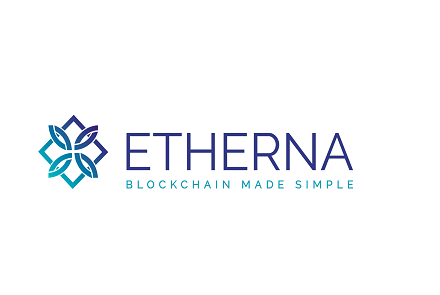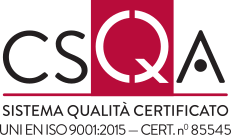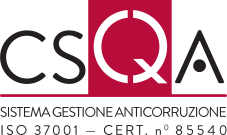
The introduction of Blockchain technologies in the Italian legal system, through article 8ter of the legislative decree n.135/2018, has opened a phase of debate and comparison but also of experimentation and development of pilot projects. At all levels - international, European, national, territorial - several bodies - government institutions and their agencies, standardization bodies, private companies from different sectors - have deepened the analysis and knowledge of Distributed Ledger Technologies (DLT). In Italy, starting from the approval of decree 135/2018, in which article 8ter introduced their definition, a path was started by the Ministry of Economic Development (MISE) to reach a national strategy on technologies based on shared ledgers and blockchains.
This strategy, which was the subject of a public consultation during 2020, has made it possible to focus on the main elements that characterize these technologies and to highlight their possible uses in the public sphere and in public-private partnerships. What emerges is how the main characteristic is that of reducing, in several cases in a very significant way, the cost of trust necessary to complete a transaction, understood as an exchange of information or value, guaranteeing at the same time certainty of its execution. Where the cost of trust is a significant component of transactional cost, these technologies can reduce inefficiencies and simplify levels of intermediation. Reducing the cost of trust, moreover, can make the execution of micro exchanges of value between two actors economically viable, creating the basis for the development of new relationship models that also affect the Public Administration. In this context, this strategy recommends that, given the vastness of the areas of application of DLTs and blockchain technologies, in order to maximize the impact of actions and promote an approach that takes into account the role of the different stakeholders involved, a systematic use of public-private partnerships (PPP) is proposed in the development of vertical projects for research, implementation, dissemination, training.
The adhesion of Lepida to the Blockchain Partnership of the European Network Etherna, participated by several public and private entities, follows precisely this indication. Entering, without charge, as Primary Member, Lepida could activate a first node of the network - already operational at the Datacenter of Ravenna - which represents the first step towards possible experimental applications of DLTs and of the tool of "smart contracts". As indicated in the national strategy, under investigation are those areas in which the element of "certification" of a transaction, ensuring both "certainty"/confidence and "publicity"/transparency, may be the best application of blockchains in the public sector.




